Have you not yet realized the power that system integration in your company holds? Know that the synchronization of information and processes is the key to success!
In an organization, if systems and departments are not aligned and synchronized, the result is operational chaos.
To effectively address this problem, managers need to consider system integration, and one of the fundamental elements of this integration is an ERP (Enterprise Resource Planning).
An ERP is software capable of uniting all systems, processes, and information on a single platform, making your decision-making even more coordinated.
In today’s article, we will explore with you why having an ERP is essential for synchronizing information and processes in your company.
So, want to know the key to success? Then, continue reading with us and see what you can learn:
- What is ERP?
- How does an ERP work?
- How important is it to have integrated systems in my company?
- ERP integration methods
- Why have an ERP develop especially for your company?
What is an ERP?
An ERP system (Enterprise Resource Planning) is software used by companies to manage and integrate various activities and processes essential for business operations.
In simpler terms, an ERP is like the brain that controls various areas of your business, such as sales, finance, procurement, inventory, human resources, and production.
In other words, if each department were like a piece of a puzzle, the ERP system would be the master that brings all these pieces together in one place, allowing them to connect and communicate with each other.
How Does System Integration with ERP Work?
Basically, an ERP system stores all important data and information in one place, in an organized and accessible manner.
This way, you and your team don’t have to search for information in a million documents, systems, and spreadsheets because everything will be stored in one place.
Through this system, different departments of the company can share information and work together in an integrated manner.
To better illustrate, let’s consider an online sales company. When a customer makes a purchase, the ERP system can automatically update inventory, generate an invoice, track delivery, and update financial data, all automatically and in real-time.
In other words, a system like this automates many repetitive and manual tasks, saving time and reducing errors, allowing employees to focus on more strategic and higher-value tasks.
Additionally, with the ERP system, managers have a real-time overview of how the company is performing. This allows access to reports and key performance indicators to make informed decisions.
The Importance of System Integration for My Company
One of the key points highlighting the importance of having an ERP system in your company is that this integration allows efficient communication and information sharing.
Consequently, there is greater operational efficiency, especially because the company can make more informed decisions with real-time data.
This means that information is updated and consistently available in all departments and processes, eliminating the need for manual data entry into different systems.
System integration allows for data-driven decision-making, helping managers identify trends, opportunities, and bottlenecks.
Moreover, system integration is essential for driving digital transformation and competitiveness in today’s market.
It is also important to note that this integration significantly reduces operational costs, eliminating the need for rework, manual processes, and licenses for multiple isolated systems.
ERP Integration Methods
System integration in your company using an ERP can be done in different ways. Here are four ways to achieve this synchronization:
Point-to-Point (P2P)
In point-to-point integration, data synchronization occurs directly between systems, where each ERP application is individually connected to other applications. This model involves direct and specific communication between the systems involved and is suitable for simple integration scenarios.
Service Bus (ESB)
Unlike P2P, the Service Bus (ESB) model has a centralized bus acting as an intermediary between ERP systems. Here, ERP applications communicate with the bus, which manages data exchange, routing, data transformation, and flow control between systems, allowing greater flexibility and scalability in integration.
API Management
The third option for system integration is API Management, which allows the exposure, control, and management of application programming interfaces (APIs). ERP applications function as APIs consumed by other applications. The API model offers flexibility in integration, controlled data access, and enhanced security through authentication and authorization.
iPaaS (Integration Platform as a Service)
iPaaS integrates systems in a cloud-based platform to facilitate communication between ERP systems. Users have access to pre-configured tools and resources for managing integrations, data mapping, monitoring, and data flow tracking. iPaaS offers rapid integration and scalability but may have limitations in customization and long-term costs.
Why Have an ERP Developed Specifically for Your Company?
Every company has unique processes and workflows. In this context, having a customized ERP allows the company to adapt the system to its specific needs.
A customized ERP is a model developed specifically to seamlessly integrate with these systems. This ensures smooth data exchange, avoiding the need for system deployment or replacement.
The direct result is more optimized operations capable of supporting the company’s specific activities. This customization offers several advantages, such as automating specific company processes, reducing manual tasks, increasing operational efficiency, and productivity.
To assist with ERP customization, you can rely on Monitora solutions, a company within the Marlabs Group!
We take care of the entire technology development process to help our clients focus on their business strategies. With specialized employees, well-defined business rules, and innovative technologies, we develop creative solutions for your company to stand out in the market.
For more information about our services, you can speak with an expert right now by clicking here.
Did you enjoy this content? Find more fascinating articles here on our blog! Feel free to explore.
*Text automatically translated from Portuguese to English.



